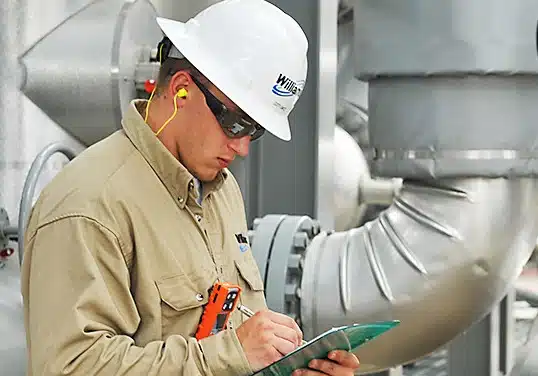The American Petroleum Institute (API) 510 certification is a credential that signifies an individual has met a set of standards for the inspection, repair, alteration, and rerating of pressure vessels. These standards are set by API, for the natural gas industry in the United States, but its standards are also recognized and used internationally.
The API 510 certification covers a range of knowledge and skills including:
Code Calculations
Inspection Procedures
Damage Mechanisms affecting pressure vessels
Welding processes and procedures
Metallurgical and material issues
NDT (Non-Destructive Testing) techniques
Risk-based inspection methodologies
Eligibility Requirements
There are various eligibility requirements, usually revolving around a combination of education and years of experience in the field. The specifics can change, but typically the API provides several options depending on your educational background and work experience.
Exam
The certification process usually involves passing a comprehensive exam that tests the candidate’s knowledge and abilities in the areas listed above. The exam is typically divided into two main parts:
Closed Book Part – Questions that test fundamental knowledge.
Open Book Part – Questions that require reference to API codes and other standards.
Recertification
API 510 certification is generally valid for a set period, typically 3 years, and recertification involves additional testing or demonstration of continued competence and up-to-date knowledge.
Benefits of API 510 Certification
Quality Assurance: Having an API 510 certified inspector ensures that pressure vessels are in compliance with safety and operational standards, reducing the risk of accidents.
Career Advancement: The certification can offer career benefits, making certified individuals more competitive in the job market.
Regulatory Compliance: In many regions, having an API 510 certified inspector is a regulatory requirement for the operation of pressure vessels.

